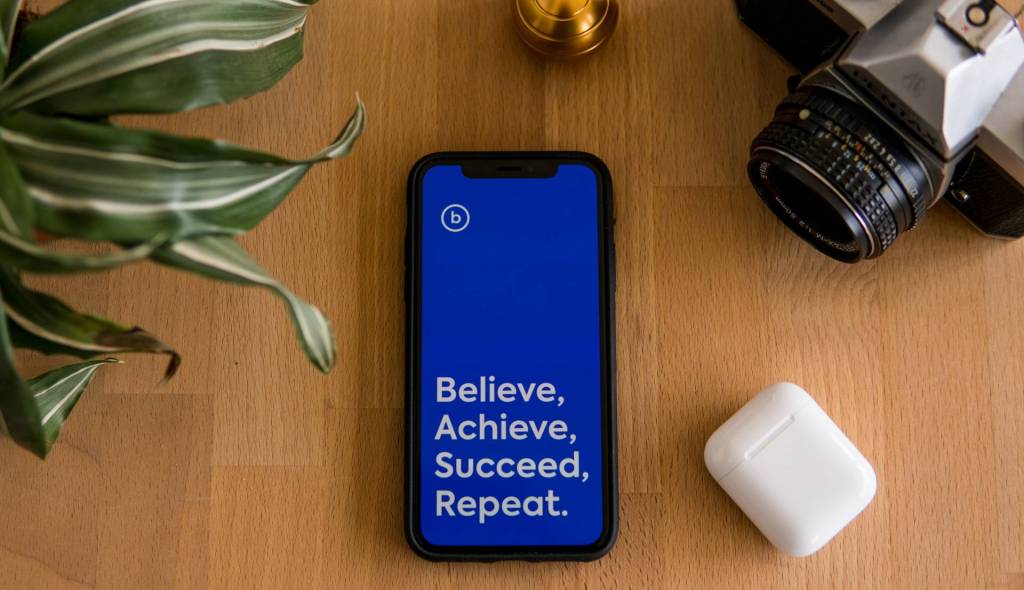Having strong communication skills is crucial. One needs to know when it’s important to listen and when its necessary to respond. There are many subtleties in communication that can influence others; the best communicators strengthen their personal brand using speech and silence to influence others’ opinion of them. They intuitively know “when silence is golden” and how to “read between the lines”. They have strong emotional intelligence, and choose the right words and use them at the right time.
Use communication skills to get hired
Successful job candidates-the ones who get hired, do two things better than anyone else: They send the “right” messages and deliver them more powerfully! Even before the candidate walks in the door, they have already sent messages about themselves with their resumes.
Once you walk in the door, you need to be prepared to answer the key question: ”Why should they hire you?” All other messages must support, defend and compliment this main message. Most candidates don’t realize how crucial it is to develop their communication skills to succeed.
Learn communication skills from great sales people
Dr. Robert B. Cialdini, author of the bestseller, Influence: The Psychology of Persuasion, gets more specific about how exactly to persuade and influence customers to buy without explicitly selling to them. These principles apply in asking for a recommendation, or in for an interview or a promotion. Here are two examples of tactics that you could use when trying to be persuasive. Both of these tactics involve both verbal and non-verbal communication.
Make yourself likeable to your employer
Customers are far more likely to say yes if they know and like the person who’s selling to them. That’s why so many TV commercials use celebrity spokespeople, because consumers like and “know” them.
The true key to being likable is to be genuinely interested in the other person. When you show sincere interest and concern for the other person, it makes you more likeable. Inquiring about the other person, celebrating her successes and taking interest in her challenges shows empathy for the other person. Being a good listener isn’t only about being quiet. It’s about hearing the other person’s perspective and reflecting on it so you can show empathy or offer help if necessary. The candidates who are considered “top talent” are ones who are keenly attuned to their hiring managers needs. A part of their attunement comes from being a good listener. The best employees listen carefully to catch their bosses’ pain points. They focus their thoughts on finding solutions to challenging problems and they do it without prodding, and faster and better than others.
Make yourself likeable to your employees
Similarly, bosses who are most influential with their team are ones who have invested in knowing how to assist each person in the group achieve his/her goals. They use both verbal and non-verbal communication to support their employees. The best bosses make themselves more likeable to their employees by listening to their concerns. The most likeable bosses tune into their employee issues so they can help remove obstacles that impede her success. They provide the proper tools to employees as they take an interest in them and know what support could help them achieve their goals. In the end, the bosses who are strong communicators are able to offer affirmation and guidance to their valued employees thereby building a loyalty in those they support.
Become a respected authority
People are more likely to buy from you (or hire and promote you) if they see you as having specialized knowledge or unique credibility. You can demonstrate you’re a respected authority by creating real value online. Posting blogs and publishing articles that help others solve problems by using your expertise is a respectful and professional way to build your personal brand.
Offer your help—Become a giver
Another strategy for gaining favor with a broad network of people is to follow the suggestion of Adam Grant, (Professor and best-selling author of Give and Take), who told me in a recent interview that “giving freely and with a full heart small, regular favors will build a broad network of people who respect and like you”. These people naturally become a part of your network and many will want to support you but that’s not why you should give. Winning people over and getting favors returned works best when you do favors expecting nothing in return. No one likes to feel they owe another person who’s helped them. This deprives the other person of the privilege of giving back. Strong communicators offer their help regularly in a kind way. They don’t expect an immediate quid pro quo for every deed and they don’t make the other person feel “rich” for having done them a favor. They have some boundaries in how much they give so they don’t overtax themselves and they refuse some requests so they can give a bigger yes when they can offer help.
The skillful communicator uses simple, clear language to get his point across. He makes his words count and builds his brand by listening to others in order to truly understand their needs. In this way, when he responds, he selects his words carefully so they say what he means. His words build a stronger connection with that person either by offering support, a solution or his friendship. This is the key to success that comes from being a truly great communicator.
Becoming a great communicator doesn’t mean that the person is merely more eloquent, it means he uses language to send a powerful message that persuades the listener to share his conviction about a particular topic. This strategy helps to strengthen the bond between the listener and the communicator and in doing so could improve the other person’s opinion of you. Your personal brand shines brightly when you show genuine concern for your audience and when you choose a message that addresses their needs in a caring and succinct way.












